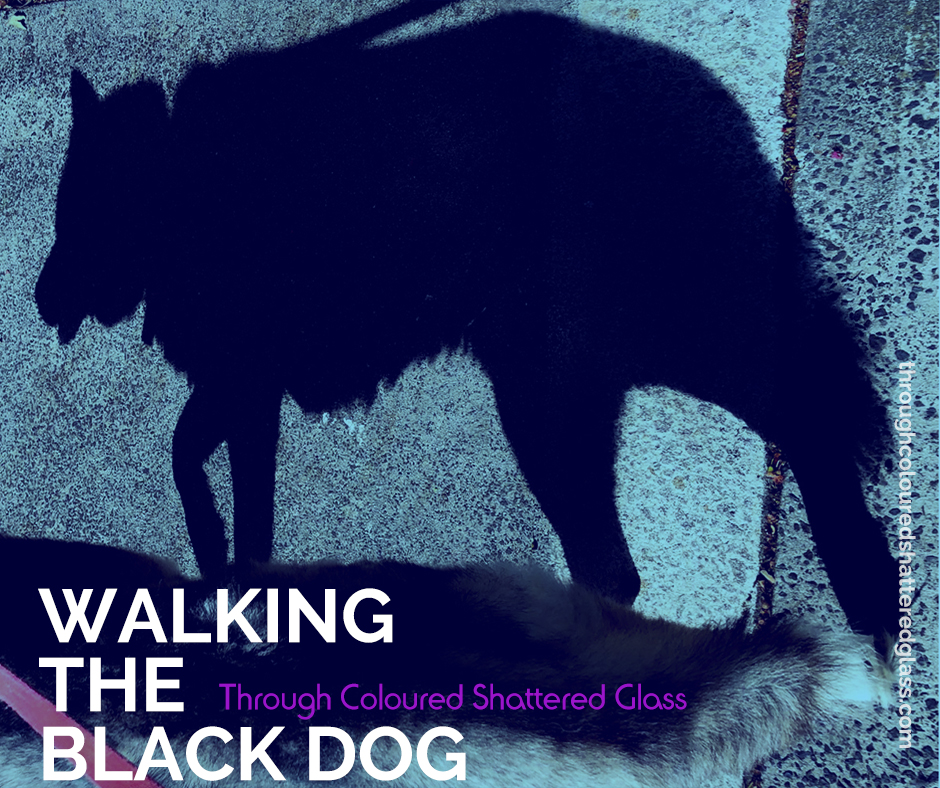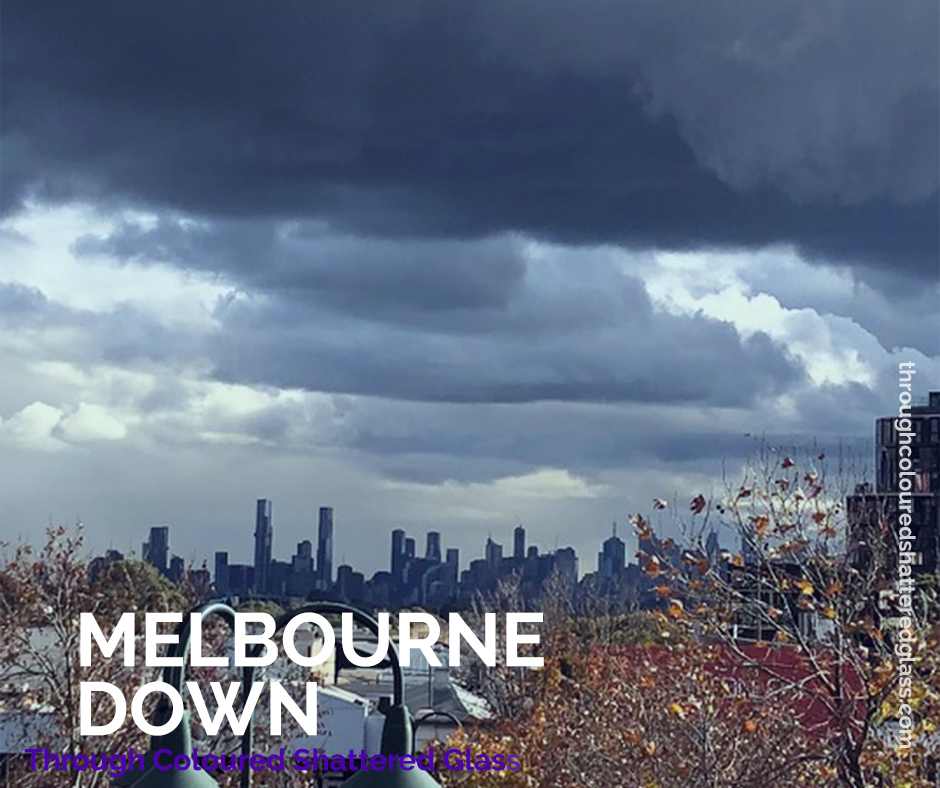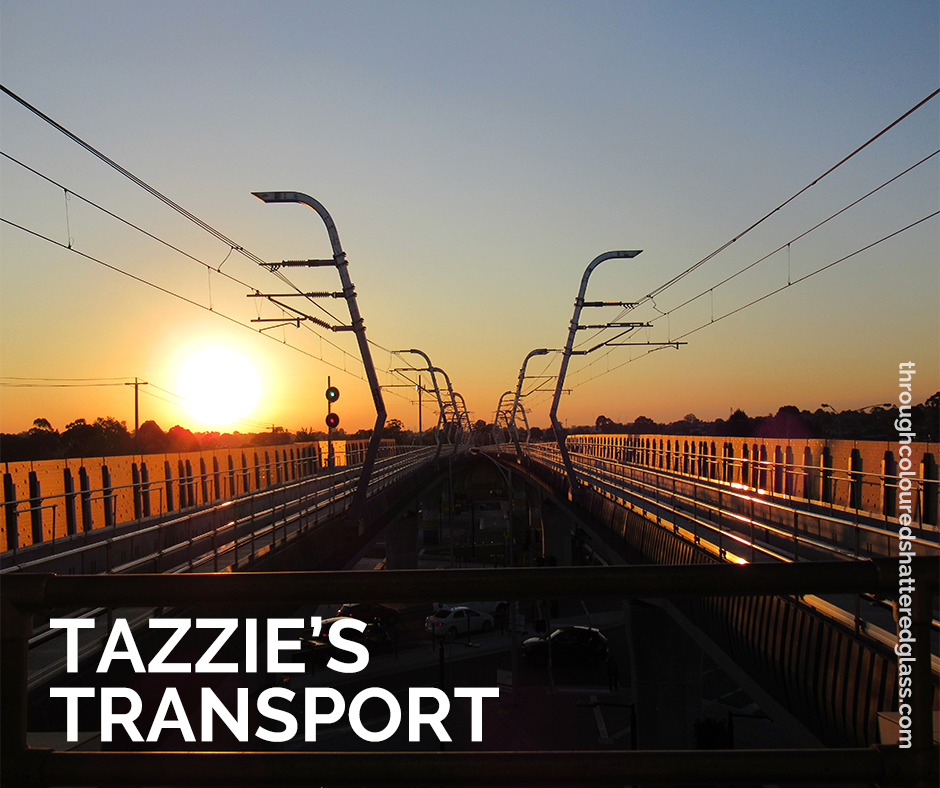A Dual Book Review
It’s interesting how things come together in life. Having recently discovered Audible, I read two books I’d like to tell you about. One was a book about reconnection, an issue that seems to plague our current society. The other was a biography, which ended up being nothing of what I expected, but was also filled with undertones about connection.
You could say that the first of the two books (Lost Connections, by Johann Hari) set about identifying a range of current societal practices that are causing people to feel disconnected. Naturally it covered modern technology, community and employment satisfaction. It held some surprises though, showing how case studies demonstrated the power of community and even philosophised about potentially different points of view about what contributes to obesity. His references to scientific studies weren’t something I followed up on, but I honestly found little in there to cause me doubt. Having been schooled in the dichotomy of chemical versus reactive depression, I’ve witnessed too many situations in my personal life where medications were clearly prescribed for reactive depression. Something also noted by the author. I also found that a study he detailed about empathy showed a response I honestly didn’t expect, where people responded more empathically towards people who had been through difficulties in life than they did to disclosed medical conditions, so there were some surprises for me.
For my scientific/humanistic mind, It was gripping reading which walked me through the author’s journey to discover that depression and anxiety are very poorly handled in today’s society. While I fine this to be old news in my mind, I’ve developed some new perspectives about how this issue can be tackled. Developing human connections and spending time with others seems to be the most basic take on it all, along with acknowledgement that life traumas cannot be treated with pills.
The other book I read dealt with the other end of this problem. The Trauma Cleaner by Sarah Krasnostein is a biography about a person who runs a successful business in trauma cleaning. Unlike regular cleaning, trauma cleaning deals with the more difficult end of the spectrum. The homes of hoarders, mentally unwell people, and those who became so overwhelmed by life that the simple tasks of home care got left behind. While it also includes the cleanup from murder scenes and the like, the book didn’t detail any particular times they attended such a scene. What makes this book so interesting is the connections that the main person makes with the individuals who have found themselves living in such a difficult place. Furthermore, the book details who Sandra was, and who she became throughout her emotional growth, which gives insight into how she is able to understand and connect with the traumatised people for whom she cleans. It also shows how disconnection and trauma has such a long term affect on people, but shows both the success of Sandra in finding a path through, and the position of those still trapped as they allow their possessions to consume their living space. Clearly, it’s a heavy price that these people pay emotionally, and Sandra helps them take positive steps to improve their surroundings with a compassion few people could replicate or understand.
The price our society pays for lost connection is high, and I would suspect it will become even higher if something isn’t done to improve connectivity between people, especially those who have trauma or illness that contributes to their isolation.
For me this is a particular concern, with a son on the Autism spectrum, so I consider teaching him how to connect and how to nourish his relationships. I give him communication skills and help him find non-destructive ways to cope. Because if I don’t, he could easily be at risk of being disconnected and isolated. As an already identified hoarder, I also give him skills to help keep that in check too, while supporting confidence in himself as a good, worthwhile and valuable person. I allow him to connect with neighbours, to spend time with people who like him for who he is, and I encourage him to put down his iPad, and to talk through emotional issues. But I also teach him to reach out to others who are at risk of becoming isolated, because he can discover such treasures and incredible stories behind those people.
I’m truly grateful for the mind travelling I did with both of these books, and thoroughly enjoyed the Audible versions with real people reading them. It made for a nice change from my usual electronic voice reading the Kindle books. I hope you might find them an interesting read also.
Do you know anyone who seems to be disconnected? Are you disconnected? What can a single person do about this issue?
If you would like to discuss the ideas in this post further, tell your story, or share your experiences, please join us on our Facebook page.
Please be respectful of others at all times. We are all on different journeys.
Posts you may also like…
Walking The Black Dog
Some of you may have heard of depression referred to as “The Black Dog”, and I find this an interesting nickname, as I have always thought of emotions as being rather like untrained pets. Sure you can ignore them, lock them away, or even let them run riot, but they will tend to make a lot of noise, chew things up that you’d rather not lose, and pee on the carpet at the most inopportune moments.
Melbourne needs help
While it took some months last year to get to this point, Melbournian’s have fallen into the same place they left last November, when the lockdown was removed.
Tazzie’s Transport
In today’s world it has become so much more valuable to have your own individuality, and what better time to be on the Autism Spectrum.




